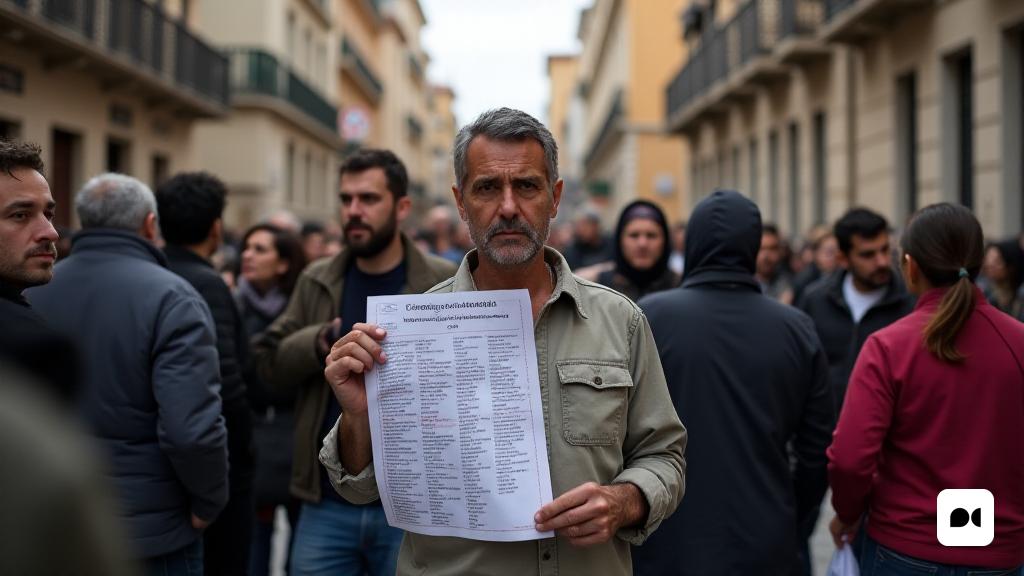A growing problem: Frauds of Fraud in the Register
Recently, a new chapter has emerged in the controversial question of registrations in Catalonia, with an increasing number of citizens who claim that immigrants have been registered in their addresses without their consent. This situation has led to an intense debate on the need to review the control mechanisms of the municipal register.
The current regulations and their gaps
The current legislation clearly stipulates that the councils are responsible for registering all those who reside in their territory. However, to do so, a rental or property agreement is required that verifies the residence. In the absence of these documents, it is possible to present an authorization of an already registered person.
However, many councils have begun accepting alternative documents, such as basic services receipts, and have even opted for collective registrations. Recently, Barcelona City Council reported that 5,900 people were registered in one building, while Girona has been accused of registering 900 people irregularly.
Testimonies that uncover the situation
Cases of people claiming to have registered immigrants in their home without authorization are multiplying. Anonymous user shared that four foreigners were registered at their home, providing an official letter from the City Council with the names of the registered ones. “The situation is alarming; it seems that we are experiencing a gangster scenario,” he said.
Reactions of those affected
Alfredo, another affected, said that he also has registered foreigners without his consent, with documents from the City Council of Amposta indicating six registered and two adults without authorization. These experiences have encouraged other citizens to publish their situations, revealing a possible wider fraud scenario than imagined.
Municipal Authorities Answers
Faced with the growing concern, some councils like Martorell and Figueres have decided to restrict the registrations without the presentation of rental or property contracts. They argue that fraud generating insecurity and compromising municipal services, which are already operating with limited resources.
Critics and demands for changes
Groups on the left, meanwhile, have attacked these measures, accusing racism councils and asking for a universal registration system that does not discriminate against origin. This tension between the need for security and immigrant rights continues to cause debates in Catalan society.
Reflections on the future
With the increase in the allegations and various answers of the councils, it is clear that the debate on registrations in Catalonia will not be easily resolved. Society is at a crossroads where legality with individual rights will have to be balanced, a task that will require dialogue and political will.

